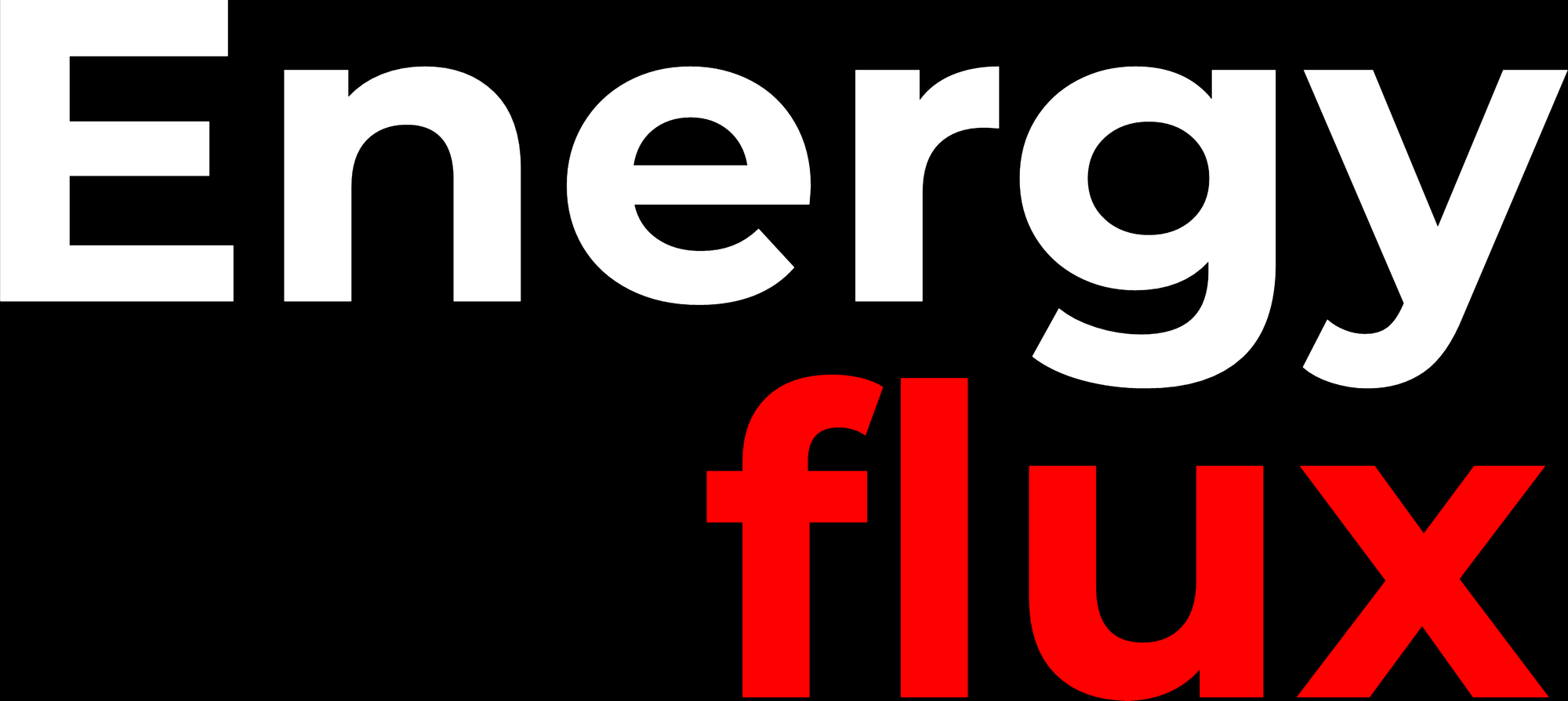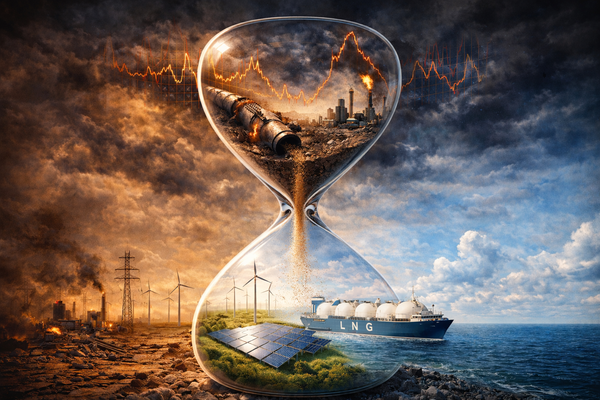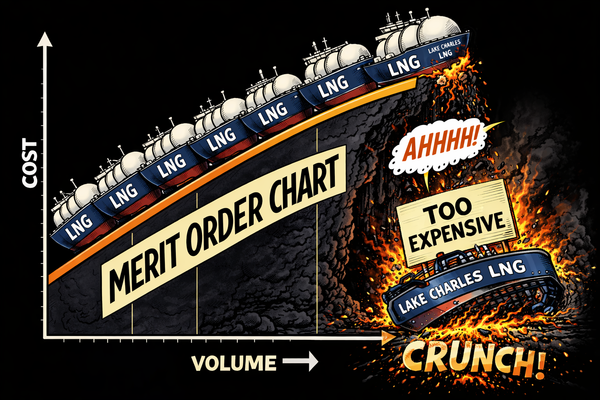Leap of faith: Exxon bets the house on CCS and hydrogen (+ more)
ALSO: EU wrangling over gas exposes uneven starting points in bloc’s ‘net zero’ journey | CCS captures more US taxpayer dollars |💥Energy Flux💥| Wednesday, 28th April 2021


Member discussion: Leap of faith: Exxon bets the house on CCS and hydrogen (+ more)
Read what members are saying. Subscribe to join the conversation.





